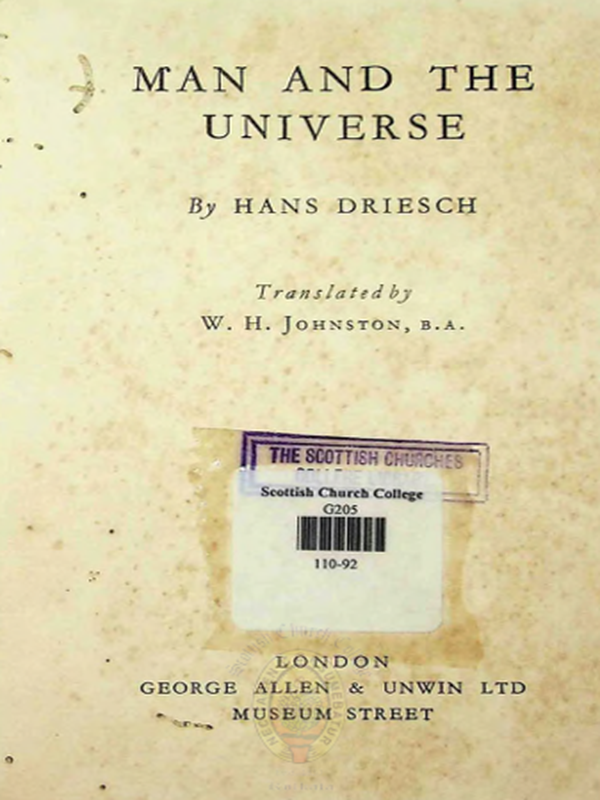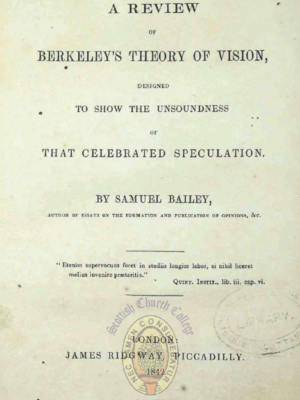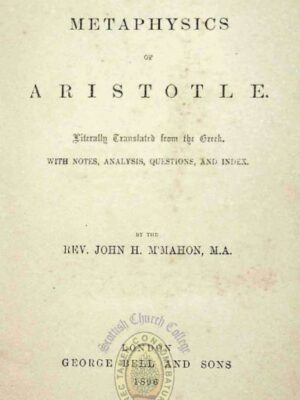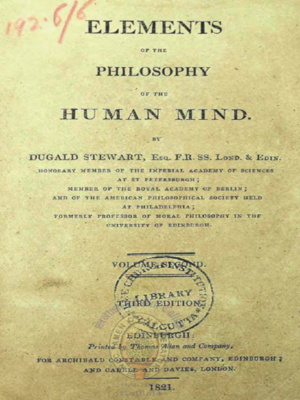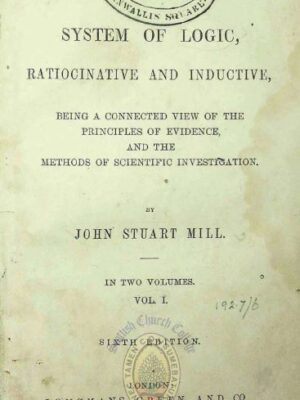Description
Hans Driesch’s Man and the Universe presents a profound exploration of the relationship between life, consciousness, and the cosmos. Translated into English by W. H. Johnston, the book reflects Driesch’s vitalist philosophy, which argues that life cannot be fully explained by mechanical or physical laws alone. He introduces the concept of “entelechy,” a non-material principle guiding organic development and purpose. Through scientific reasoning and philosophical reflection, Driesch examines human existence within the broader order of the universe. This influential work bridges biology and metaphysics, offering deep insights into the nature of life, mind, and reality, and remains a significant contribution to early twentieth-century philosophical thought.

